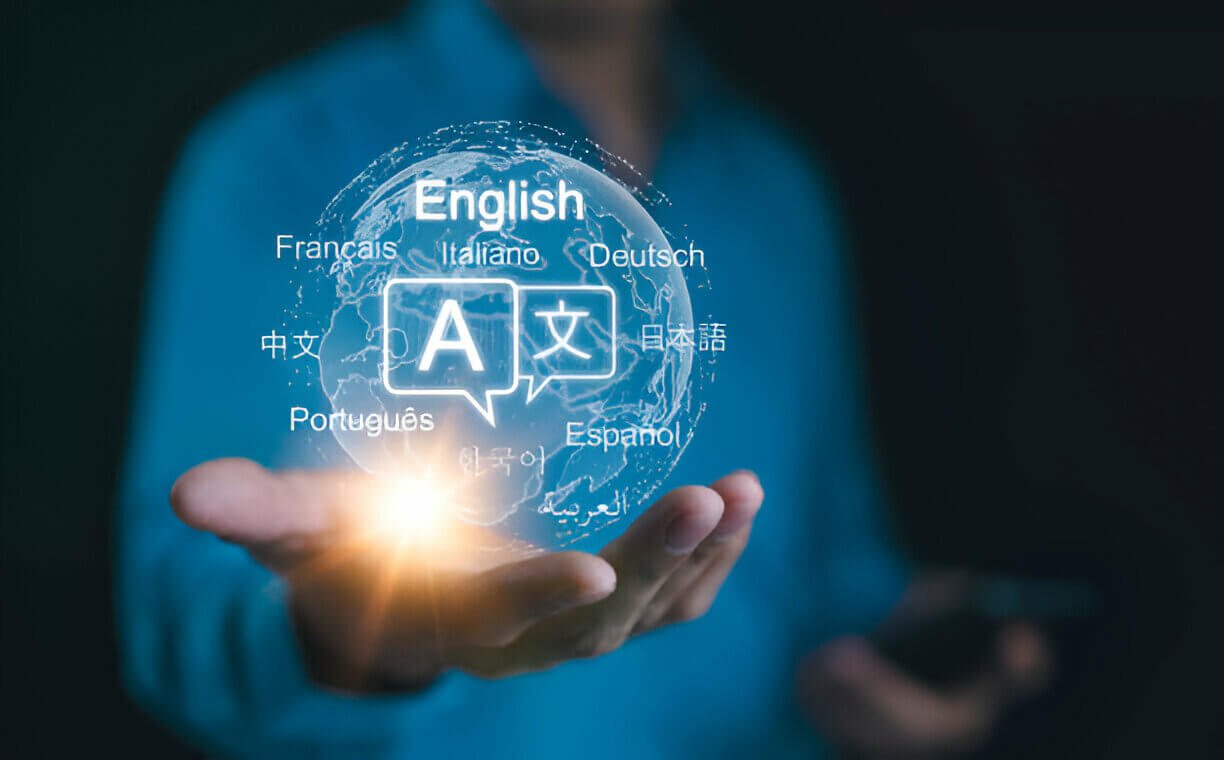In the current fast-moving world of business, artificial intelligence provides a luring shortcut for the speedy translation of content. For most languages, AI applications can handle simple communication. Nevertheless, in the case of Thai and Vietnamese, trusting only machines tends to create perplexity and expensive errors. These two languages present specific challenges that even the finest AI systems are unable to overcome.
Whether you’re reaching into Southeast Asia or interacting with local consumers, precise translation is the basis of trust and success. This is where professional translators truly shine. As technology advances, it has yet to beat the cultural insight, contextual familiarity, and linguistic acumen that experts offer.
Understanding the Complexity of Thai and Vietnamese
Both Vietnamese and Thai are tonal languages. What this implies is that one word can have varying meanings based on its tone. Although humans use cultural knowledge and context to interpret these variations, tone is problematic for AI to understand, particularly in writing.
In Thai, pronouns tend to be gender, age, and relationship-dependent for the speaker. Thai translation services must handle sentences that often leave out subjects entirely and rely on shared knowledge. Vietnamese also has its challenges; diacritics do not just affect pronunciation but also meaning. A lost or misread accent can make a sentence meaningless or even insulting.
In addition, both languages are strongly rooted in cultural norms and implicit assumptions. AI systems tend to overlook these nuances, creating misleading meanings.
Why AI Translation Often Misses the Mark
1. Contextual Limitations
AI programs work with patterns, not meaning. They translate words from large sets of data, but they are not aware of the real world. This usually leads to mistranslations, particularly when dealing with idioms, humor, or culturally bound expressions of Thai or Vietnamese.
2. Inconsistent Formality
Both languages possess intricate systems of formality. The tone used depends on the speakers’ relationship, their status, and the setting. AI devices can’t always accurately judge these factors and make wrong choices in language use.
3. Structural Differences
In contrast to English, Vietnamese and Thai have sentence structures that are more flexible and context-dependent. Machine translation between languages like English and Thai or Vietnamese is often unsuccessful due to structural and contextual differences. Machines tend to mix up word order or omit crucial context.
4. Cultural Disconnect
Culture informs language, from “hello” to emotion. AI doesn’t possess the sensitivity to grasp cultural intent, which is important when communicating with Thai or Vietnamese audiences.
The Human Translator Advantage
These are the reasons why companies operating in Southeast Asia must use human professionals instead of automation. Human professionals trained in every language and with knowledge of local culture present a variety of advantages.
For Vietnam, professional Vietnamese translation is utilized to ensure that content is appealing to the local audience. Human translators spend the time necessary to customize your message, not simply translate your words. They understand how to introduce your brand in such a manner that it is perceived as trustworthy and genuine.
In turn, businesses entering Thailand need to consider hiring professionals who provide Thai translation services. Native speakers can better convey the correct tone, both linguistic and emotional, navigate colloquial expressions, and localize content accurately
Industries That Need Human Translation
Marketing and Advertising
Creative language and cultural awareness are more important here than in any other industry. Translating a slogan or tagline takes more than word-for-word replacement; it calls for adaptation for emotion and meaning.
Legal and Government Documents
Accuracy is paramount. Legal terminology often lacks direct translations. Human translators can decipher the intent behind every clause and guarantee that it meets local legal requirements.
Healthcare and Technical Fields
No matter if it’s an instruction manual, a medicine label, or a medical document, one error can be disastrous. Human translators who have specialist expertise ensure higher precision than any machine tool.
Education and E-learning
Translating instructional material involves not only translation but also alignment with culture. Students require clear, suitable, and interesting content that only humans can deliver.
Why AI Isn’t Enough for Southeast Asia
Companies tend to believe AI translation will save money and accelerate growth. This may be true for basic sentences, but it fails in effective communication. Errors in tone, context, or purpose can harm your reputation and cost you customer trust.
Conversely, engaging with human professionals creates a greater connection with your listeners. For Vietnamese audiences, professional Vietnamese translation guarantees that your message is specifically crafted and effective. For Thai audiences, engaging with reliable Thai translation services ensures that your brand voice rings through across languages.
Choosing the Right Translation Partner
Here’s what to search for when hiring the right translation partner:
- Native Language Proficiency: Translators must be native speakers of the target language and culture. This is because translation is not just rewriting words; it’s about tailoring the message.
- Subject-Matter Knowledge: They need to know your field, be it legal, medical, or technical.
- Editing and Quality Controls: Look for agencies with proofreading guidelines and multi-stage reviews.
- Responsiveness: Quick turnaround is important, but not at the cost of quality. Identify teams that blend both.
Final Thoughts
AI applications are in their place within the global business world, but they are not prepared to take over for human translators operating in sophisticated language cultures. Thai and Vietnamese pose challenges that only seasoned professionals can master successfully. From tonal nuance to cultural fidelity, machines are unable to duplicate the level of comprehension brought by humans. Companies that invest in professional translation services are better suited to speak, avoid expensive mistakes, and form enduring relationships in Southeast Asia.

